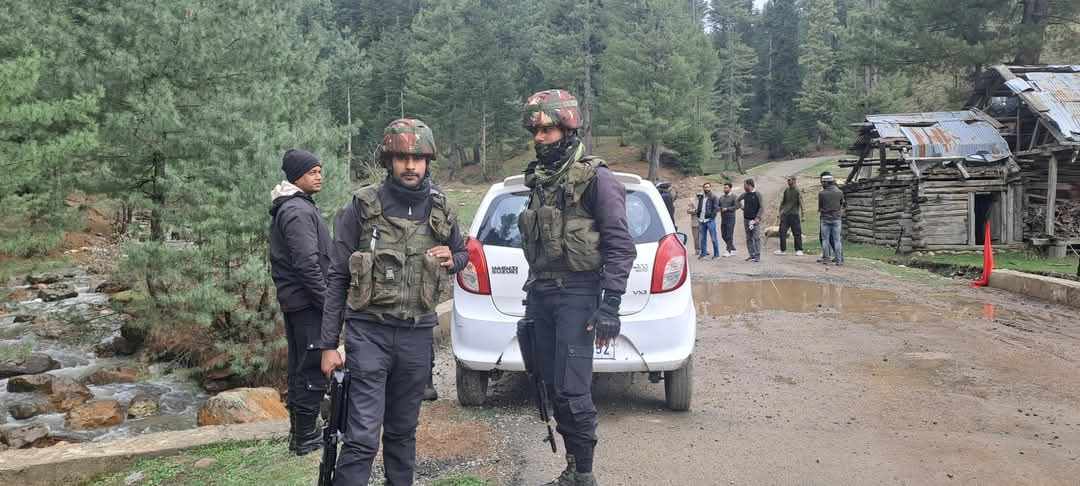The EU has threatened Twitter owner Elon Musk with sanctions after several journalists covering the company had their accounts abruptly suspended.
Reporters for the New York Times, CNN and the Washington Post were among those locked out of their accounts.
EU commissioner Vera Jourova warned that the EU’s Digital Services Act requires the respect of media freedom.
“Elon Musk should be aware of that. There are red lines. And sanctions, soon,” she tweeted.
She said: “News about arbitrary suspension of journalists on Twitter is worrying.
“[The] EU’s Digital Services Act requires respect of media freedom and fundamental rights. This is reinforced under our Media Freedom Act.”
Mr Musk tweeted that accounts which he claimed engaged in doxxing – a term to describe to the release of private information online about individuals – receive a temporary seven-day suspension.
“Same doxxing rules apply to ‘journalists’ as to everyone else,” he tweeted.
A Twitter spokeswoman earlier told tech website The Verge that the ban was related to the live sharing of location data.
Mr Musk took control of Twitter in October in a $44bn ($36bn) deal.
A spokesman for the New York Times called the suspensions “questionable and unfortunate”.
It comes after Mr Musk vowed to sue the owner of a profile that tracks his private jet.
He said said a “crazy stalker” had used live location sharing to find and accost a vehicle carrying his children in Los Angeles.
On Wednesday, Twitter suspended the account @ElonJet, as well as the personal account of its owner Jack Sweeney, 20.
Mr Musk has since vowed to take legal action against him, as well as “organizations who supported harm to my family”.
Twitter blocks users from sharing links to rival
Twitter Files spark debate about ‘blacklisting’
Elon Musk no longer world’s richest man
The EU sanctions could be applied under a new Digital Services Act, which is currently going through the EU Parliament but could be in force by next year.
Under the terms of the proposed new law, the EU Commission will be allowed to impose fines of up to 6% of the global turnover of a firm that it finds breaks its rules.
In extreme cases, the EU could ask a court to suspend a rogue service, but only if it is “refusing to comply with important obligations and thereby endangering people’s life and safety”.
Matt Binder, a journalist for Mashable and one of those suspended, said he didn’t know why he had been banned.
“I’ve been very critical of Musk in my reporting,” he told. But he said that Mr Musk’s claim “that everyone that got suspended was doxxing him – due to the jet tracker”, was not true.
He said he had never tweeted a hyperlink to the tracker, but had mentioned the account after it had been suspended.
“Clearly the people who were suspended were handpicked, because there are literally hundreds of accounts per minute who tweeted the link.”
Mr Binder, who has been on Twitter since 2008 and has been reporting on the developments at the social media site, said he was surprised at the ban on journalists.
“I knew it was a possibility but really thought he wouldn’t because it would entirely wreck the facade of being a free speech platform.”
Twitter’s head of trust and safety, Ella Irwin, told The Verge that bans are related to a new rule introduced on Wednesday that prohibits “live location information, including information shared on Twitter directly or links to 3rd-party URL(s) of travel routes.”
“Without commenting on any specific accounts, I can confirm that we will suspend any accounts that violate our privacy policies and put other users at risk,” Mrs Irwin told the outlet.
“We don’t make exceptions to this policy for journalists or any other accounts.”
At the heart of all this is a father raging about the sharing of location data of his private jet, which he claims led to a security incident involving his young son X. The Twitter feed that started it all was scraping publicly available flight data. Not very decent, perhaps, but not illegal.
His fury has now extended to journalists who he claims also shared his location.
But this is a fundamentally flawed approach to moderation. I bet many of us wish we could suspend or ban social media accounts that post content we dislike.
It’s not the first time Elon Musk has taken a very personal approach to content moderation. He refused to allow Infowars conspiracy theorist Alex Jones back on Twitter because he had used the death of children to further his career – and mentioned the loss of his own child, 10-week-old Alexander.
He has also suspended accounts which impersonated him.
Fundamentally, Elon Musk has shot down in flames his much-trumpeted commitment to “free speech”. Free speech as long as it doesn’t upset him personally, appears to be the message.
When he completed his takeover of the social media site, Mr Musk told advertisers he bought Twitter because he wanted to “try to help humanity”, and for “civilisation to have a digital town square”.
Mr Musk has not commented directly on the suspensions, but said in a tweet that “criticising me all day long is totally fine, but doxxing my real-time location and endangering my family is not”.
Mr Musk later spoke to journalists on Twitter Spaces, part of the social media app that allows live audio conversations.
His short appearance generated an audience of 30,000 but after answering a few questions about the ban he left and Twitter Spaces itself has since appeared to be suspended.
The technology tycoon later set up a poll asking whether he should unsuspend the accounts “now” or “in seven days”, suggesting the decision could be reversed sooner rather than later.
Twitter also suspended the official account of Mastodon, which has emerged as an alternative to Twitter since Mr Musk’s takeover.
It came after Mastodon used Twitter to promote Mr Sweeney’s new account on Thursday, according to the New York Times.
Links to individual Mastodon accounts also appeared to be banned. An error message notified users that links to Mastodon had been “identified” as “potentially harmful” by Twitter or its partners.









